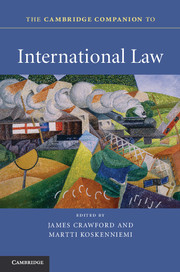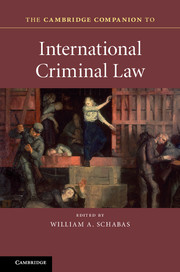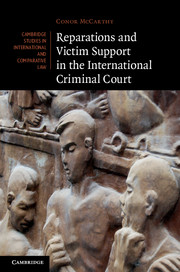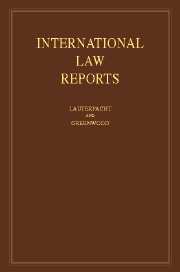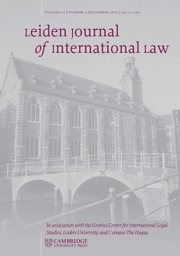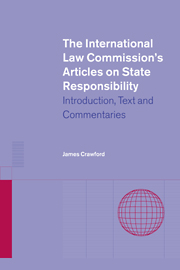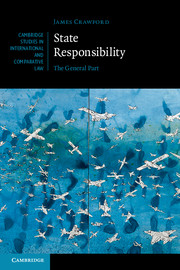The Cambridge Companion to International Law
This intellectually rigorous introduction to international law encourages readers to engage with multiple aspects of the topic: as 'law' directing and shaping its subjects; as a technique for governing the world of states and beyond statehood; and as a framework within which several critical and constructivist projects are articulated. The articles situate international law in its historical and ideological context and examine core concepts such as sovereignty, jurisdiction and the state. Attention is also given to its operation within international institutions and in dispute settlement, and a separate section is devoted to international law's 'projects': protecting human rights, eradicating poverty, the conservation of resources, the regulation of international trade and investment and the establishment of international order. The diverse group of contributors draws from disciplinary orientations ranging from positivism to postmodernism to ensure that this book is informed theoretically and politically, as well as grounded in practice.
- Introduction to international law from traditional and critical perspectives will benefit those working in or studying in the field
- Chapters provide politically and theoretically informed overviews while avoiding technical or specialised vocabularies
- Transcends the key divides in international law to provide multiple insights into the main issues
Reviews & endorsements
"From the title alone one might anticipate a weighty and perhaps a somewhat dry collection. The opposite is the case. The eighteen-chapter book is by no means lightweight in its intellectual content but especially in paperback form, is extremely reader-friendly … an excellent resource for students perhaps alongside one of the better cases and materials options. Our students want to know how international law fits in with, and either challenges or contributes to, the world’s problems. For them as well as for practitioners, researchers and the interested wider public, this is an excellent collection and a timely reminder that international law is on the map just as so many Australian scholars are contributing to the discipline."
John R Morss, Deakin University Law School, Newsletter of International Law Association
"What makes the book exceptional is the fact that the authors of each chapter present political and theoretical issues from both traditional and critical perspectives, providing valuable insight for a public interested in each field of international law."
CEU Political Science Journal
"What the Cambridge Companion will do is to introduce the reader to international law’s underlying contradictions, to its regressive tendencies, and to its liberating potential. International law, like all law, is a tool - and as a "science of the superstructure" it is a tool used mainly to conserve and perpetuate the status quo; the Cambridge Companion comes at it from a decidedly critical (read: progressive) bend, exposes its biases, but also demonstrates how "small change" may realise its power to liberate and protect."
Antonios Tzanakopoulos, British Yearbook of International Law
Product details
March 2012Paperback
9780521143080
484 pages
229 × 152 × 23 mm
0.76kg
3 tables
Available
Table of Contents
- Introduction James Crawford and Martti Koskenniemi
- Part I. The Contexts of International Law:
- 1. International law in diplomatic history Gerry Simpson
- 2. International law in the world of ideas Martti Koskenniemi
- 3. International law as law Frédéric Mégret
- Part II. International Law and the State:
- 4. Statehood: territory, people, government Karen Knop
- 5. Sovereignty as a legal value James Crawford
- 6. Exercise and limits of jurisdiction Bruno Simma and Andreas Müller
- 7. Lawfare and warfare David Kennedy
- Part III. Techniques and Arenas:
- 8. Law-making and sources Hilary Charlesworth
- 9. International courts: uneven judicialisation in global order Benedict Kingsbury
- 10. International institutions Jan Klabbers
- 11. International law and the relativities of enforcement Dino Kritsiotis
- Part IV. Projects of International Law:
- 12. Constituting order Anne Orford
- 13. Legitimating the international rule of law B. S. Chimni
- 14. Human rights in disastrous times Susan Marks
- 15. Justifying justice Sarah Nouwen
- 16. Regulating trade, investment and money Hélène Ruiz Fabri
- 17. Divided against itself: aspiration and reality of international law Thomas Pogge
- 18. Conserving the world's resources? Sundhya Pahuja
- Guide to electronic sources of international law Lesley Dingle.

